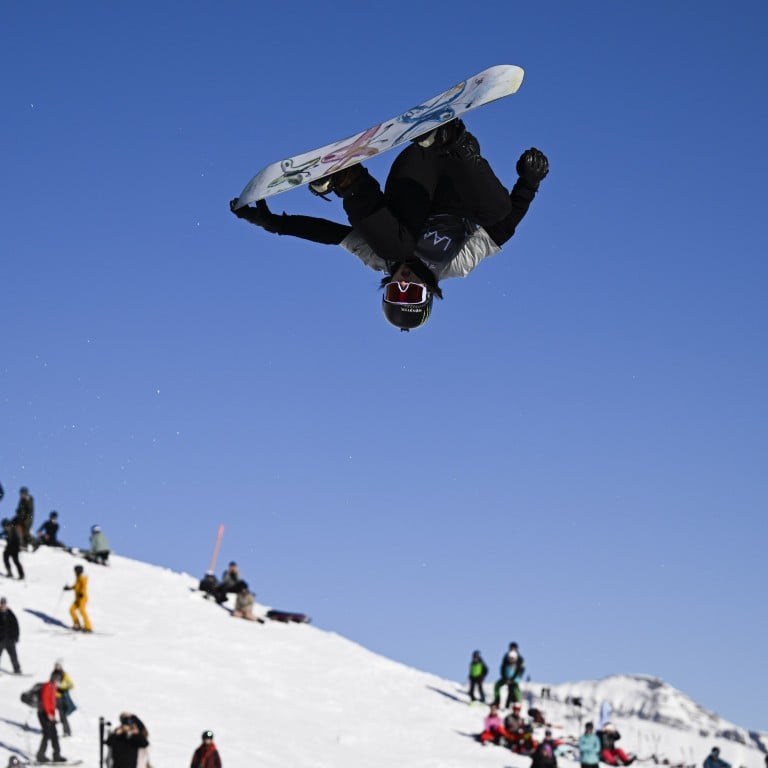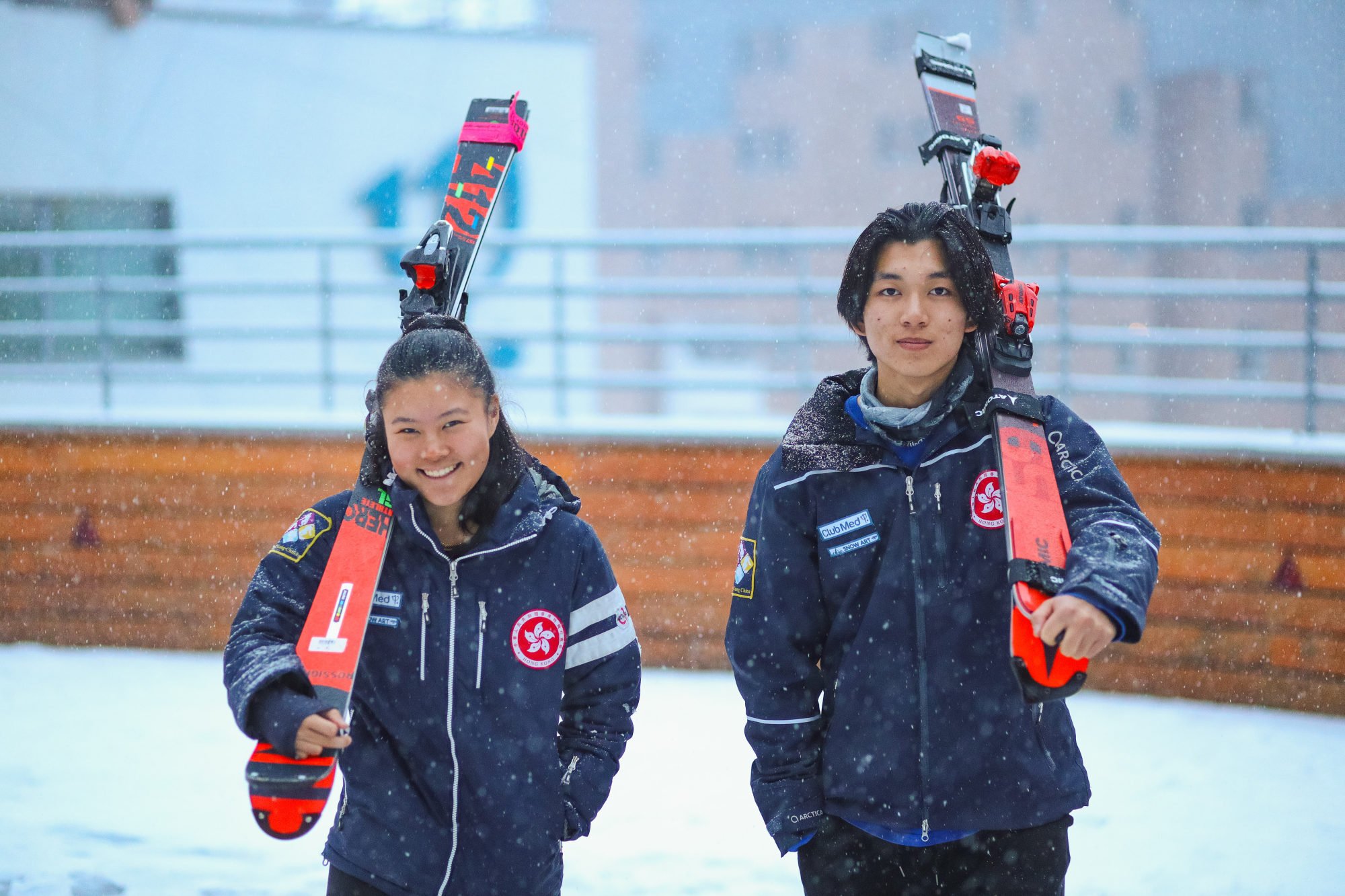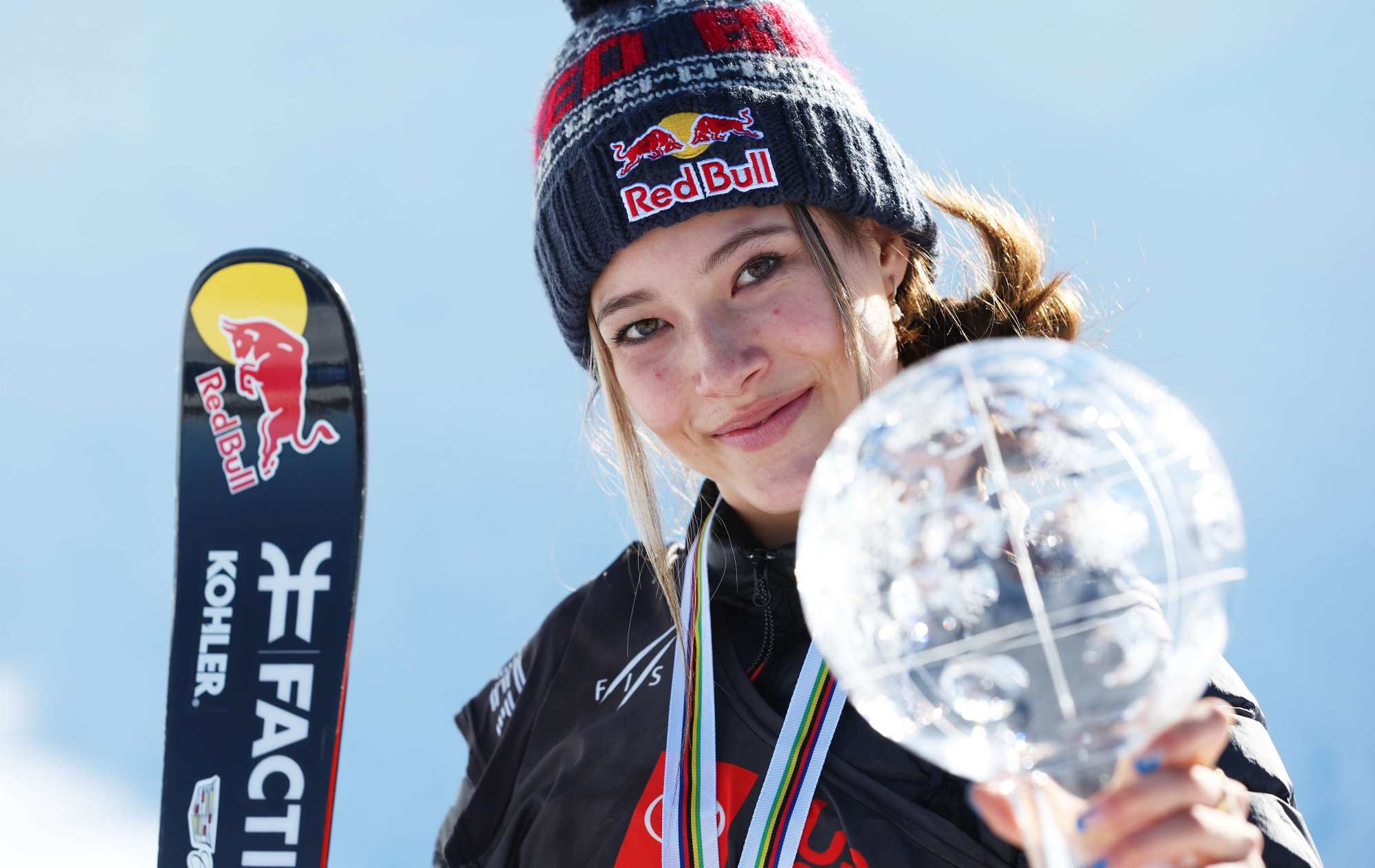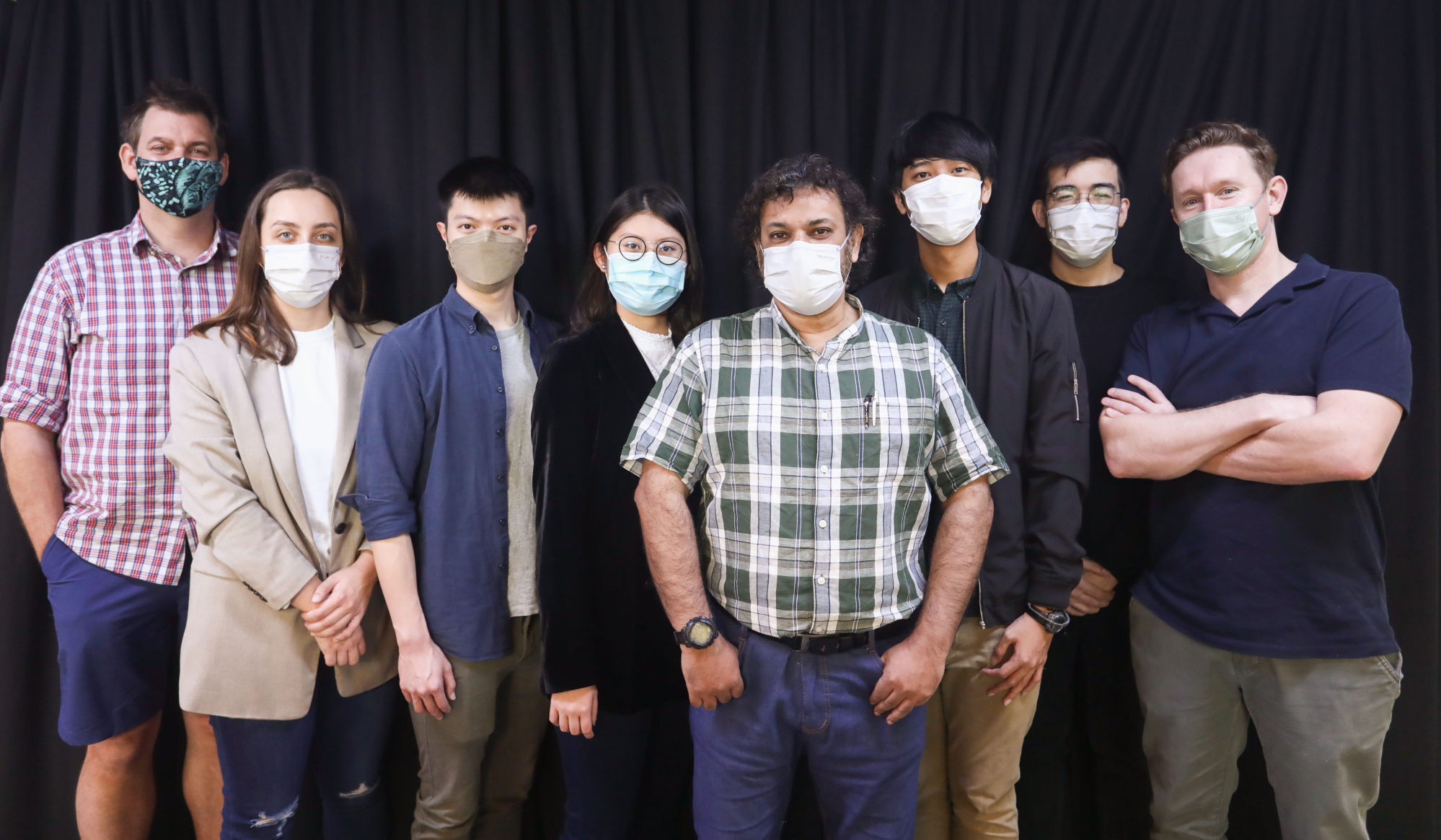
Winter Olympics: as China’s athletes chase glory on the slopes, tracks and ice rinks, can Beijing overcome Covid and boycotts?
- The Chinese capital makes history next week when it becomes the first city to host both a Summer and Winter Games
- From Eileen Gu’s bid to win 3 gold medals, to the Omicron and political tensions, follow us for comprehensive coverage of the 2022 Olympics
Dear readers,
In just nine days, Beijing will stage an Olympics for the second time in 14 years when the Winter Games start on February 4.
The Chinese capital is the first city to host both the Summer and Winter Olympics, and once again the country is pulling out all the stops in an attempt to make it a success.

Covid-19 cases at two-month low as China braces for Lunar New Year, Olympics
Outwardly, China insists on separating sports and politics. The reality, however, is Beijing is using the Games as a strategic soft-power tool to magnify its status as a global superpower.
Where the Summer Games in 2008 were a coming-out party to proclaim China’s place on the world stage, and finishing top of the medal count did plenty to inspire a wave of national pride, next month is geared towards cementing China’s position.


Sincerely,
News Editor, Sports & Racing
Nazvi Careem

